
Depression is a mood disorder that causes a persistent feeling of sadness and loss of interest.

New York. Ed Hosseinipour,Senior Clinical Pharmacist.
Also called major depressive disorder or clinical depression, it affects how you feel, think and behave and can lead to a variety of emotional and physical problems. You may have trouble doing normal day-to-day activities, and sometimes you may feel as if life isn’t worth living.
More than just a bout of the blues, depression isn’t a weakness and you can’t simply “snap out” of it. Depression may require long-term treatment. But don’t get discouraged. Most people with depression feel better with medication, psychotherapy or both.
SYMPTOMS:
Although depression may occur only once during your life, people typically have multiple episodes. During these episodes, symptoms occur most of the day, nearly every day and may include:
- Feelings of sadness, tearfulness, emptiness or hopelessness
- Angry outbursts, irritability or frustration, even over small matters
- Loss of interest or pleasure in most or all normal activities, such as sex, hobbies or sports
- Sleep disturbances, including insomnia or sleeping too much
- Tiredness and lack of energy, so even small tasks take extra effort
- Reduced appetite and weight loss or increased cravings for food and weight gain
- Anxiety, agitation or restlessness
- Slowed thinking, speaking or body movements
- Feelings of worthlessness or guilt, fixating on past failures or self-blame
- Trouble thinking, concentrating, making decisions and remembering things
- Frequent or recurrent thoughts of death, suicidal thoughts, suicide attempts or suicide
- Unexplained physical problems, such as back pain or headaches
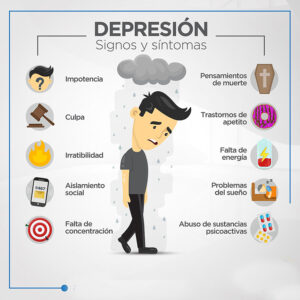
CAUSES
Possible causes include a combination of biological, psychological, and social sources of distress. Increasingly, research suggests these factors may cause changes in brain function, including altered activity of certain neural circuits in the brain.
The persistent feeling of sadness or loss of interest that characterizes major depression can lead to a range of behavioral and physical symptoms. These may include changes in sleep, appetite, energy level, concentration, daily behavior, or self-esteem. Depression can also be associated with thoughts of suicide.
The mainstay of treatment is usually medication, talk therapy, or a combination of the two. Increasingly, research suggests these treatments may normalize brain changes associated with depression.
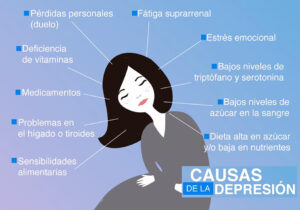
Diagnosis
To effectively diagnose and treat depression, the doctor must hear about specific symptoms of depression.A doctor may use a series of standard questions to screen for depression. While a physical examination will reveal a patient’s overall state of health, by talking with a patient, a doctor can learn about other things that are relevant to making a depression diagnosis.
A patient, for example, can report on such things as daily moods, behaviors, and lifestyle habits.
A depression diagnosis is often difficult to make because clinical depression can manifest in so many different ways.
. For example, some clinically depressed individuals seem to withdraw into a state of apathy. Others may become irritable or even agitated. Eating and sleeping patterns can be exaggerated. Clinical depression may cause a person either to sleep or eat to excess or almost eliminate those activities.
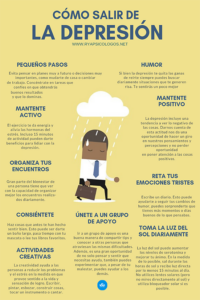
Treatment
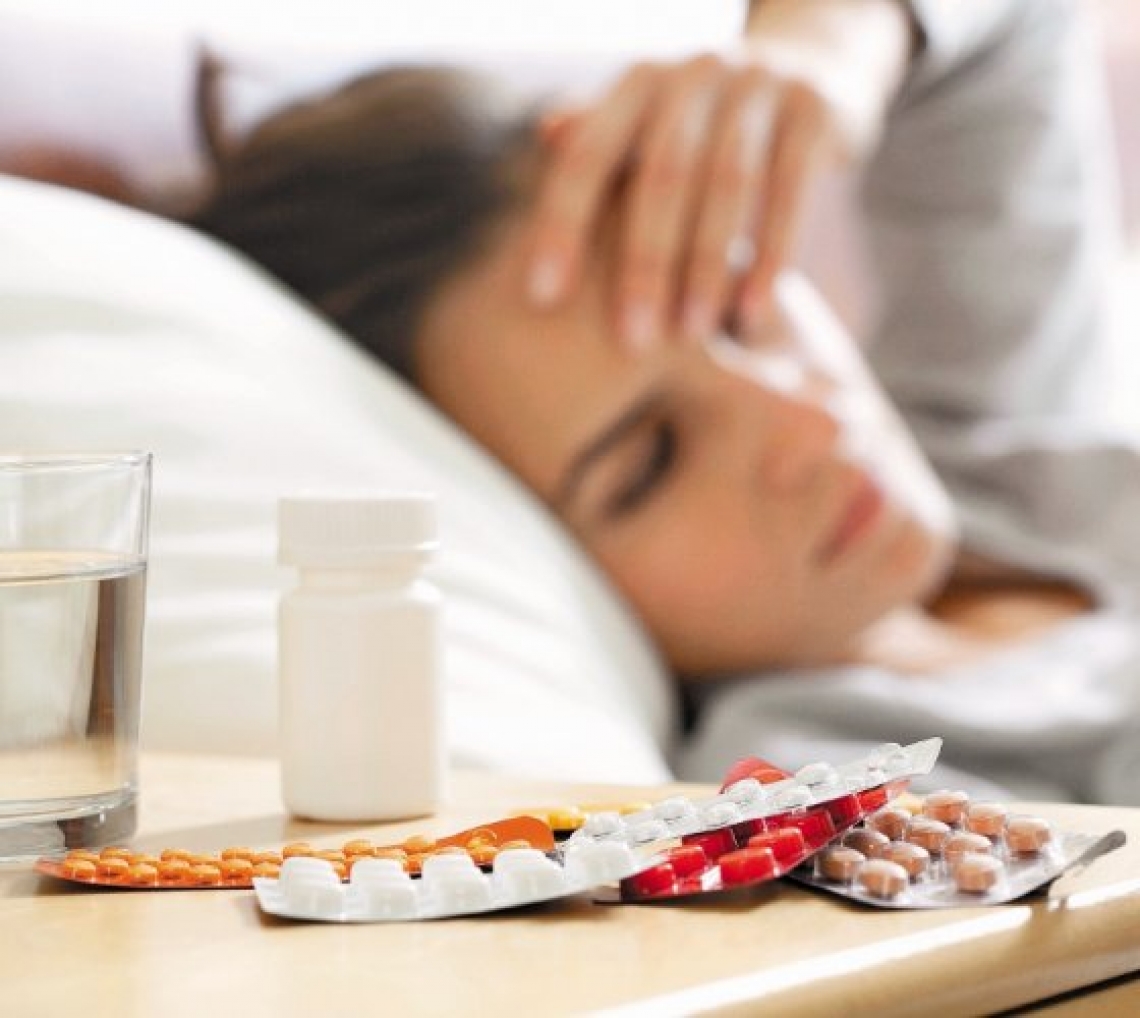
Depression medication may be the most advertised treatment for depression, but that doesn’t mean it is the most effective.
Depression is not just about a chemical imbalance in the brain. Medication may help relieve some of the symptoms of moderate and severe depression, but it doesn’t cure the underlying problem, and it’s usually not a long-term solution
. Antidepressant medications also come with side effects and safety concerns, and withdrawal can be very difficult. If you’re considering whether antidepressant medication is right for you, learning all the facts can help you make an informed decision.There are many antidepressant medications in the market, but choosing which medication would fit you must be left your Doctor.
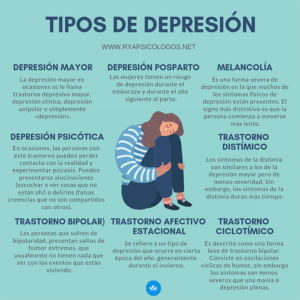
Baron Specialty Pharmacy can help you understand the way your antidepressant medication works and if there are any interactions or side effects. Please feel free to discuss any question with our clinical staff.
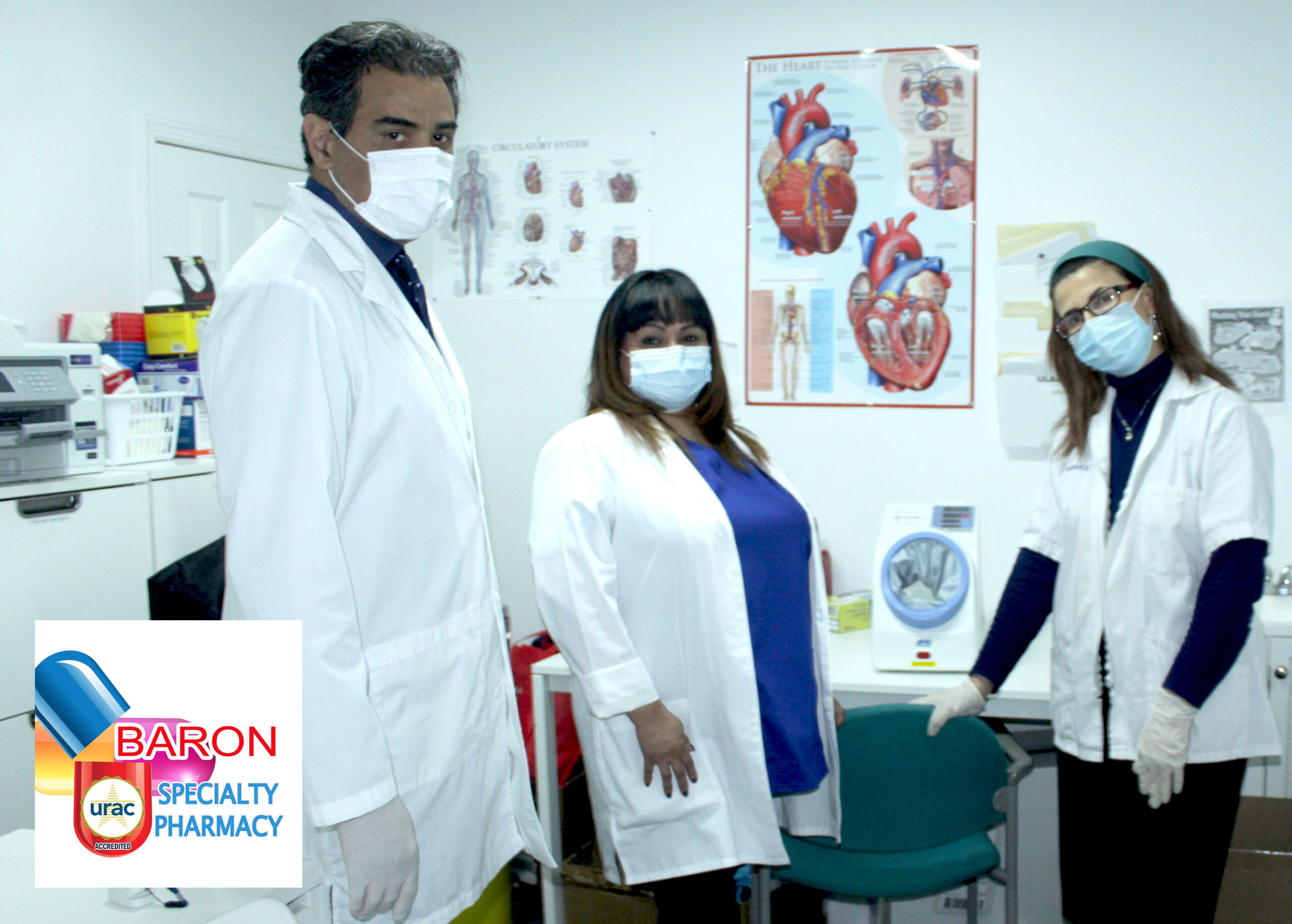
Even if you decide to take medication for depression, don’t ignore other treatments. Lifestyle changes and therapy not only help speed recovery from depression, but also provide skills to help prevent a recurrence.
Alternative therapy:
Several types of supplements are thought to have some positive effect on depression symptoms.

St. John’s wort: Studies are mixed, but this natural treatment is used in Europe as an antidepressant medication. In the United States, it hasn’t received the same approval.
S-adenosyl-L-methionine (SAMe): This compound has shown in limited studies to possibly ease symptoms of depression. The effects were best seen in people taking selective serotonin reuptake inhibitors (SSRIs), a type of traditional antidepressant.
5-hydroxytryptophan (5-HTP): 5-HTP may raise serotonin levels in the brain, which could ease symptoms. Your body makes this chemical when you consume tryptophan, a protein building block.
Omega-3 fatty acids: These essential fats are important to neurological development and brain health. Adding omega-3 supplements to your diet may help reduce depression symptoms.[ENG]
